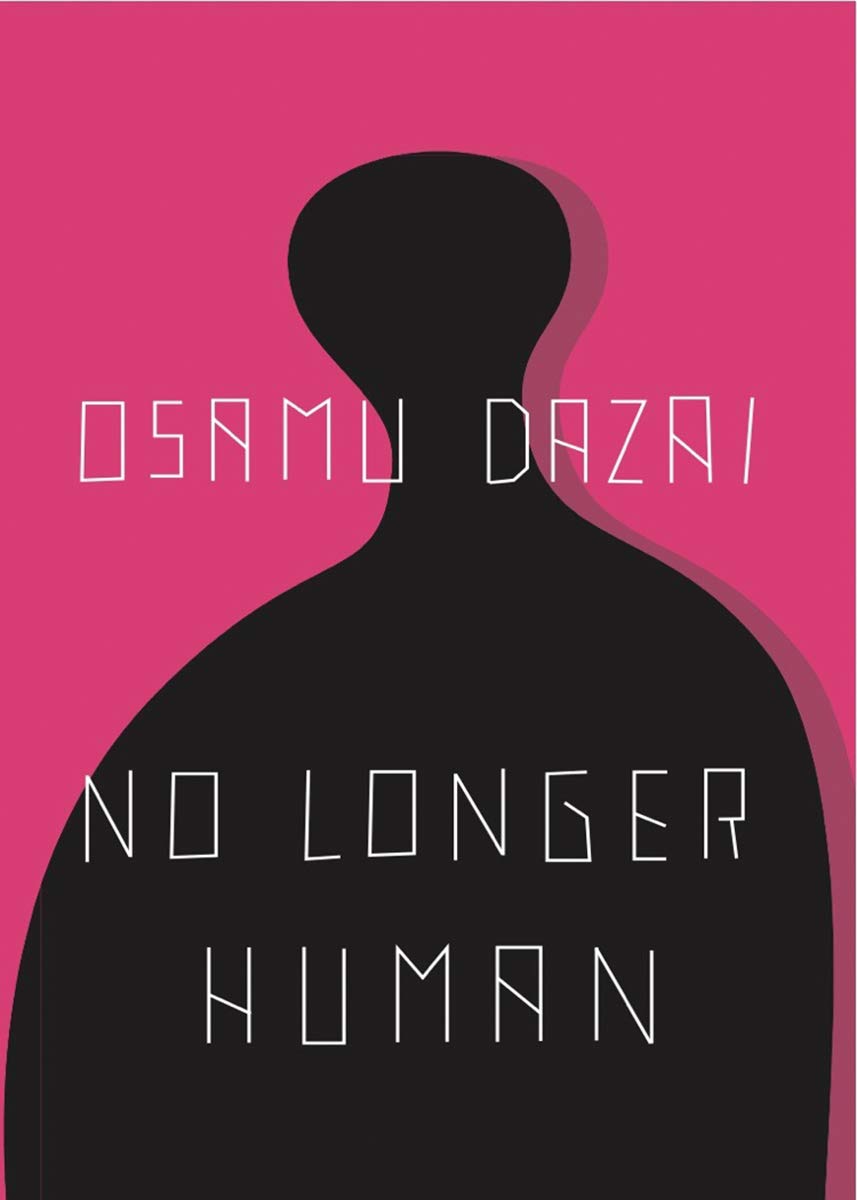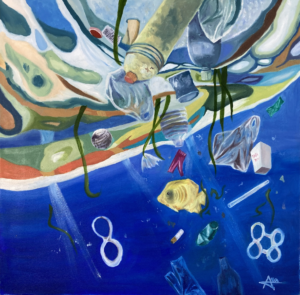No Longer Human is a Japanese novel written by Osamu Dazai, who was a Japanese author who is considered to be one of the leading fiction writers of 20th-century Japan. Today his books No Longer Human and The Setting Sun are considered Japanese classics.
The book is about a man by the name of Ōba Yōzō, and although Osamu isn’t mentioned as the protagonist, I believe he and Yōzō are parallels of each other to some extent. Osamu seems to write in a sort of semi-autobiographical style and creates characters that give the reader a peek into Osamu’s personal life almost like a reflection of Osamu himself.
From the very beginning, Yōzō is described as a “monstrous man with an inscrutable face” by an unknown person who happens to stumble across three photographs of Yōzō. We slowly learn that those photographs were able to show Yōzō’s growing understanding of the world and himself as a human, both things leading to a change in his sanity. After such remarks are made, we are brought into the “First notebook” which is where we start learning about Yōzō’s bad habits, and emotional struggles in his perspective.
Yōzō had trouble understanding human nature and relating to other humans, which is something he’s struggled with ever since he was a kid. His suspicion of other people and cruel view of the world and humans began after he was sexually abused by the family servants. He hid his judgment towards humans and concerning thoughts by masking himself as a “clown.” With a fake cheerful attitude, he went on to deceive his family and people around him for years. He labeled himself as “not qualified as a human being,” or “no longer human” throughout the whole book which sounds depressing on its own. Something that quite confused me was the fact that he looked down on humans, yet he was fearful of them. He even went out of his way to keep them content, scared of the outcome that would come with angering them, this awakened his inability to say “no” to their desires despite how uncomfortable it made him.
As he grew older, his social anxiety went out of hand. Ever since a classmate of his named Takeichi was able to look past his goofy persona, Yōzō was quick to befriend him but shivered at the thought of his classmates finding out about his true feelings and thoughts. Heading into college is where he met Masao Horiki, who introduced Yōzō to the world of cigarettes, alcohol, pawnshops, and left-wing thoughts. Overwhelmed with his financial worries and role as the leader of all the Marxist student action groups in the schools of central Tokyo, he decided on the one thing that he thought could finally let him escape it all with a feeling of pleasure being left behind. The result was a failed suicide attempt.
Overall this book was very depressing. It touches upon triggering topics such as depression, alcohol abuse, sexual assault, and suicide. Although I did see myself relating to the protagonist on a certain level it almost felt wrong to do so because I saw him as the type of person I didn’t want to be. This novel gives you a glimpse of human conditions, how frail they can be, and what it takes to be human.
I read this book in hopes of learning more about the author after seeing a character inspired by him. The character is seen by some viewers as a “suicidal maniac,” and some didn’t even know that the Osamu Dazai they knew of was actually based off of a real person. It saddened me seeing how people portrayed and watered down his character to simply one thing that didn’t even apply which is why I picked up this book in the first place. It really did help me understand Osamu a lot more than before and gave me a glimpse of what kind of person he was based on his writing. It easily became my favorite novel, and I plan on reading more of the author’s work like The Setting Sun in the future.






Be First to Comment